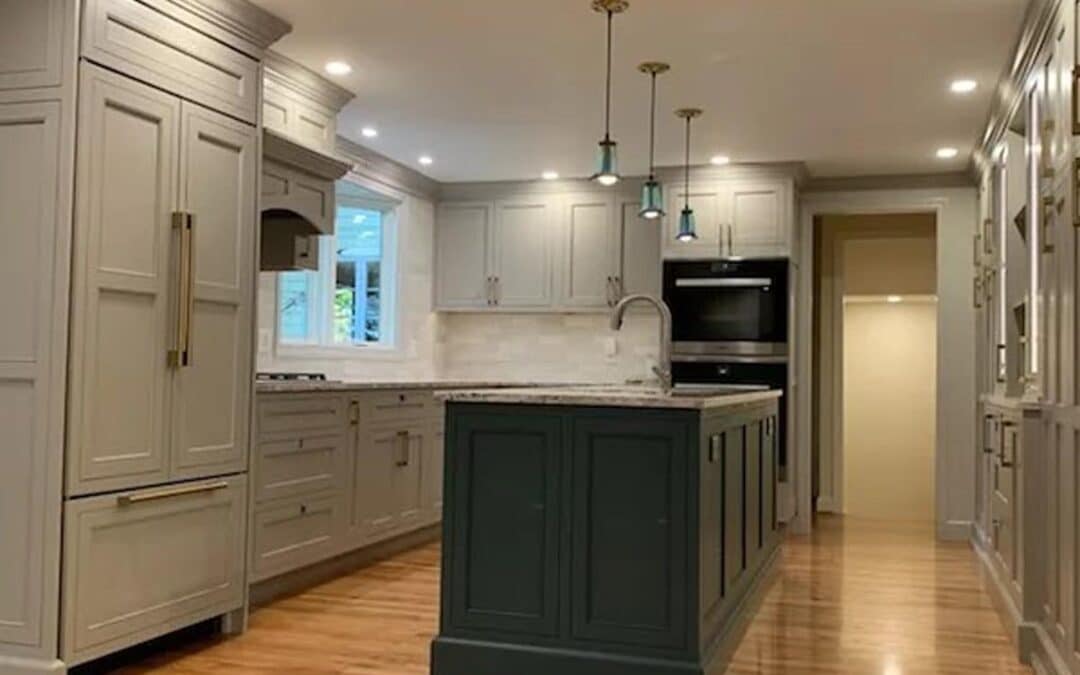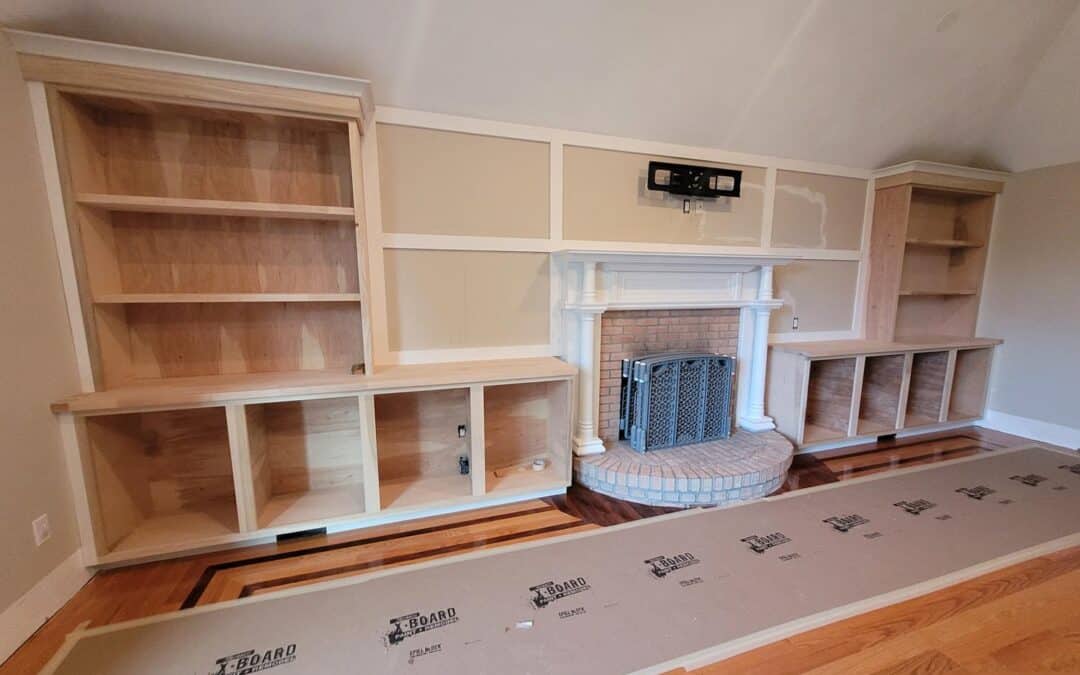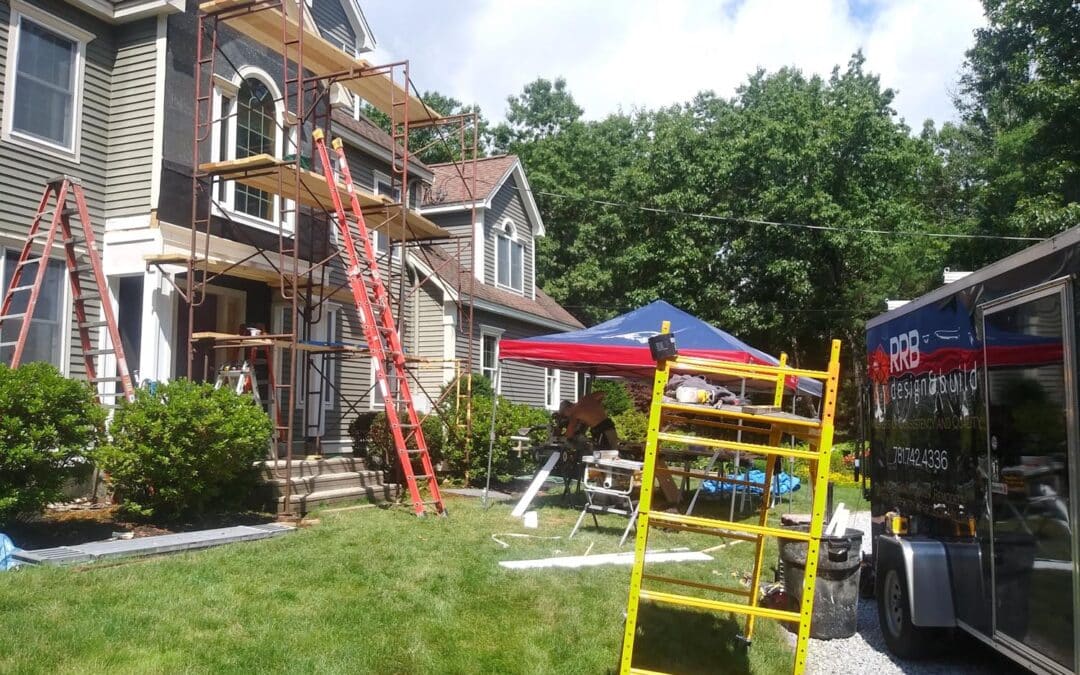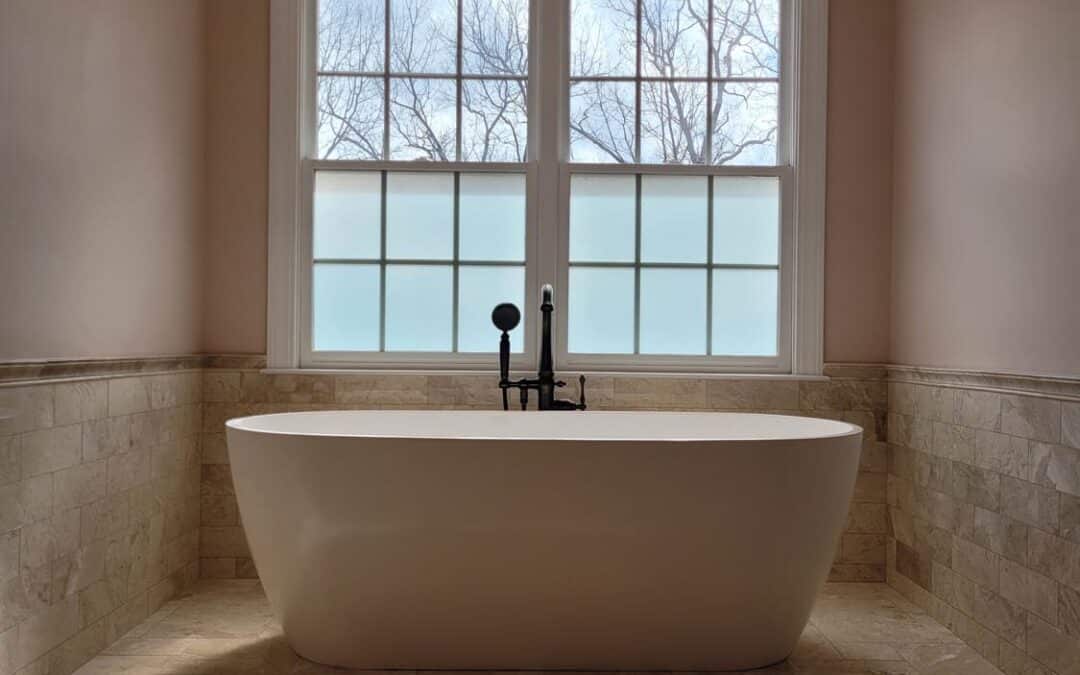In the quest for a more sustainable future, making eco-friendly home improvements is a powerful step any homeowner can take. For residents of Massachusetts, a plethora of state-specific rebates and incentives are at your disposal, designed to lower the financial burden of upgrading to more energy-efficient systems. This guide illuminates the path to not only enhancing your home’s sustainability but also enjoying substantial savings on energy costs.
Starting with Mass Save
Mass Save stands at the forefront of Massachusetts’ energy efficiency efforts, offering an array of rebates and incentives tailored to improve home energy use. The journey towards a greener, more efficient home often begins with a no-cost home energy assessment, a comprehensive evaluation that pinpoints areas where energy use can be reduced. This assessment paves the way for homeowners to understand exactly how to maximize their home’s energy efficiency, guiding them towards the specific products and improvements eligible for rebates that can lead to significant energy and cost savings (Mass Save).
Heating and Cooling Incentives
A major portion of a home’s energy consumption is attributed to heating and cooling. Massachusetts residents can take advantage of various rebates offered for upgrading to energy-efficient heating and cooling systems. Whether it’s installing modern heat pumps known for their exceptional energy efficiency, updating to high-efficiency boilers and furnaces, or selecting energy-saving room air conditioners, there’s a range of options supported by rebates. These incentives not only reduce the initial cost of purchase and installation but also contribute to long-term savings on energy bills (Mass Save).
Water and Insulation Upgrades
Water heating and insulation form another critical focus area for energy savings. Massachusetts provides rebates for the installation of energy-efficient water heaters, which can significantly lower energy consumption compared to older models. Additionally, investing in shower fixtures, temperature and pressure valves, and faucet aerators that conserve water can lead to both water and energy savings, supported by attractive rebates.
Insulation and air sealing are essential in maintaining a consistent home temperature and minimizing energy waste. The state offers incentives for both, ensuring that homes not only stay warmer during the cold Massachusetts winters but also cooler during the hot summers. Upgrading windows to more energy-efficient models further enhances this effect, contributing to a significant reduction in heating and cooling costs (Mass Save).
These initial sections provide a foundation for understanding the breadth of incentives available to Massachusetts residents aimed at improving home energy efficiency. By taking advantage of these rebates and programs, homeowners can enjoy a more comfortable living environment, achieve substantial savings, and contribute to a more sustainable future.
For the detailed descriptions and applications of these rebates and incentives, exploring the Mass Save website and other state resources is highly recommended.
Renewable Energy Programs
Massachusetts is also pioneering in its support for renewable energy adoption among homeowners. The Solar Massachusetts Renewable Target (SMART) program exemplifies the state’s commitment to clean energy. This initiative provides a consistent, long-term incentive for residential solar energy projects, making solar installations more accessible and financially viable for homeowners. By participating in SMART or leveraging other renewable programs managed by the Massachusetts Clean Energy Center (MassCEC), residents can significantly reduce their carbon footprint while enjoying savings on energy bills over time. These incentives not only support Massachusetts’ environmental goals but also make renewable energy a practical choice for homeowners (Mass.gov).
Additional Incentives and Programs
Beyond heating, cooling, and renewable energy, Massachusetts offers a suite of additional programs designed to further support the transition to a more sustainable and energy-efficient lifestyle. The MOR-EV program, for instance, provides rebates for the purchase or lease of electric vehicles (EVs), including a special extension for electric trucks. This initiative is part of the state’s broader effort to reduce carbon emissions and promote cleaner transportation options (Mass.gov).
For households with income constraints, Massachusetts ensures that energy efficiency is still within reach. The state administers several assistance programs, including fuel assistance and weatherization services, to help low-income residents save on energy costs while improving the comfort and safety of their homes. These programs are vital in making sure that the benefits of energy efficiency and renewable energy are accessible to all Massachusetts residents, regardless of income (Mass.gov).
Beyond Rebates: Financing and Loans
Understanding that some energy efficiency upgrades can be significant investments, Massachusetts also facilitates various financing and loan options. These financial products are designed to make upfront costs more manageable, enabling homeowners to undertake larger projects like solar panel installations or comprehensive home retrofits. Additionally, federal tax credits are available to complement state incentives, offering further financial relief for those investing in energy-efficient technologies and renewable energy systems (Mass Save).
These sections of the guide aim to illustrate the comprehensive nature of Massachusetts’ support for homeowners seeking to make energy-efficient and environmentally friendly upgrades. By exploring and utilizing these incentives, residents can play a crucial part in the state’s environmental stewardship efforts, all while enjoying a more sustainable, comfortable, and cost-effective living space.
In the following sections, we will dive deeper into how homeowners can navigate the application process for these rebates and incentives, as well as explore the tangible impacts these upgrades can have on their lives and the environment. Stay tuned for more insights on maximizing the benefits of Massachusetts’ energy efficiency programs.
How to Apply for Rebates and Incentives
Navigating the application process for energy rebates and incentives in Massachusetts is straightforward, but it requires attention to detail to ensure eligibility and maximize benefits. Here’s a step-by-step approach:
- Assessment and Planning: Begin with a home energy assessment through Mass Save. This initial step will identify potential improvements and qualify you for specific rebates and programs.
- Research Specific Programs: Each rebate or incentive program has its own set of eligibility criteria and application processes. Visit the Mass Save website, the Massachusetts Clean Energy Center (MassCEC), and the MOR-EV site to gather detailed information on the programs relevant to your planned upgrades.
- Gather Necessary Documentation: Depending on the rebate or incentive, you may need to provide purchase receipts, product serial numbers, proof of installation by a certified contractor, and your latest energy bills.
- Submit Applications: Apply for each rebate or incentive through the appropriate channel, whether online, by mail, or in some cases, directly through participating contractors or vendors.
- Follow Up: Keep track of your application status and be prepared to provide additional information if requested. Some programs may require a post-installation inspection.
By meticulously following these steps, homeowners can effectively leverage the available rebates and incentives to reduce the financial burden of home energy improvements.
The Impact of Making Energy-Efficient Upgrades
The benefits of utilizing Massachusetts’ energy rebates and incentives extend beyond immediate financial savings. Homeowners who have participated in these programs often report a range of positive outcomes:
- Reduced Energy Bills: Upgrading to more efficient appliances, improving home insulation, and installing renewable energy systems can lead to significant reductions in monthly energy costs.
- Increased Comfort and Health: Energy-efficient upgrades like better insulation and air sealing can eliminate drafts and temperature fluctuations, improving overall comfort. High-efficiency HVAC systems can also improve indoor air quality.
- Enhanced Home Value: Homes with energy-efficient features and renewable energy installations are increasingly attractive to buyers, potentially increasing home resale values.
- Environmental Impact: By reducing energy consumption and incorporating renewable energy, homeowners contribute to the reduction of greenhouse gas emissions, playing a vital role in the fight against climate change.
Contact RRB for More Detail
Massachusetts offers a robust suite of rebates and incentives designed to make energy efficiency and renewable energy more accessible and affordable for homeowners. By taking advantage of these opportunities, residents can enjoy lower energy costs, enhanced comfort, and the satisfaction of contributing to environmental sustainability. The journey towards a more energy-efficient home is a win-win, offering tangible benefits for both homeowners and the planet.
For more detailed information and to begin your application process for these incentives, visit the official Mass Save, MOR-EV, and Massachusetts Clean Energy Center websites. Embrace the opportunity to transform your home into a model of energy efficiency and sustainability.






